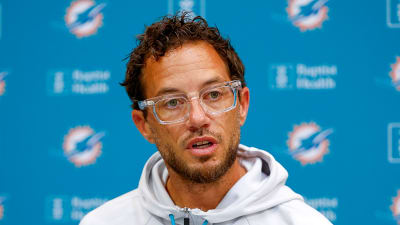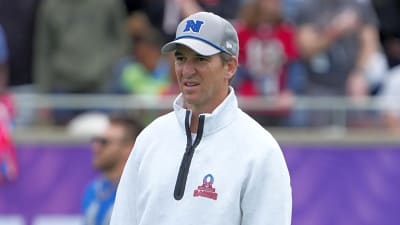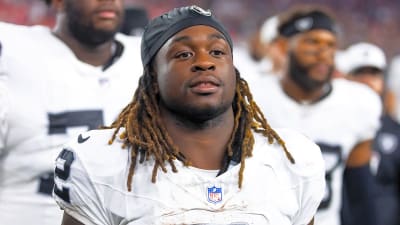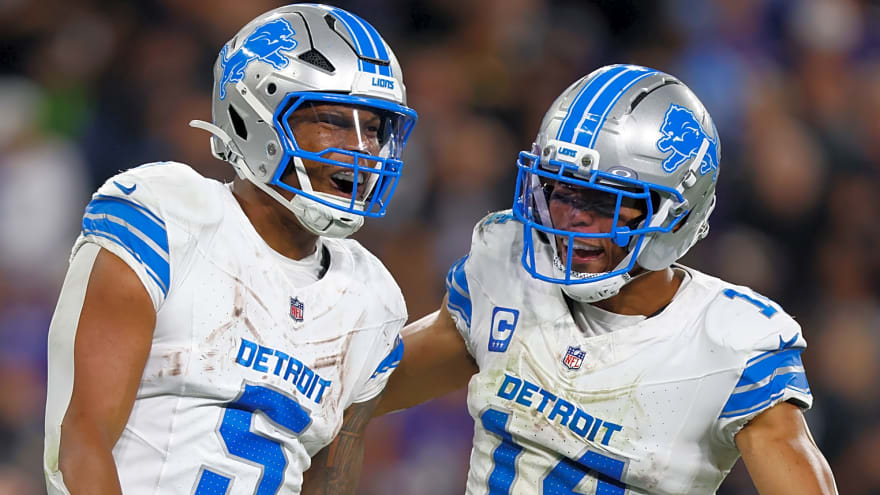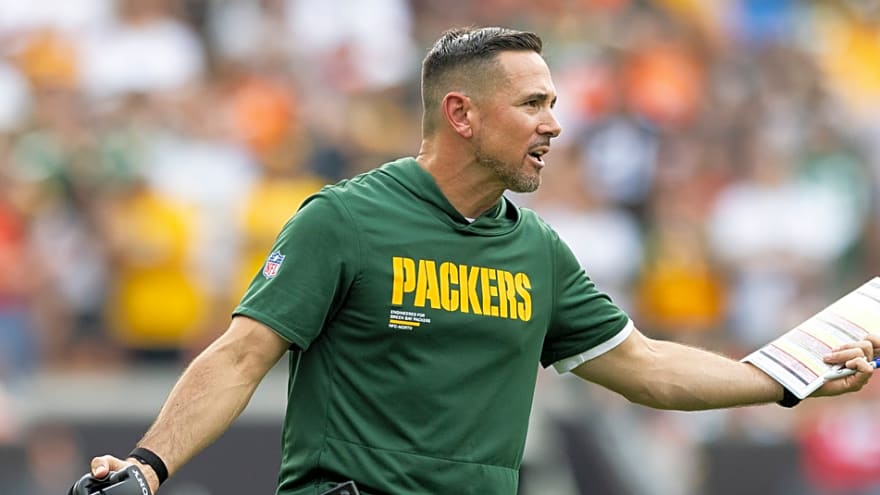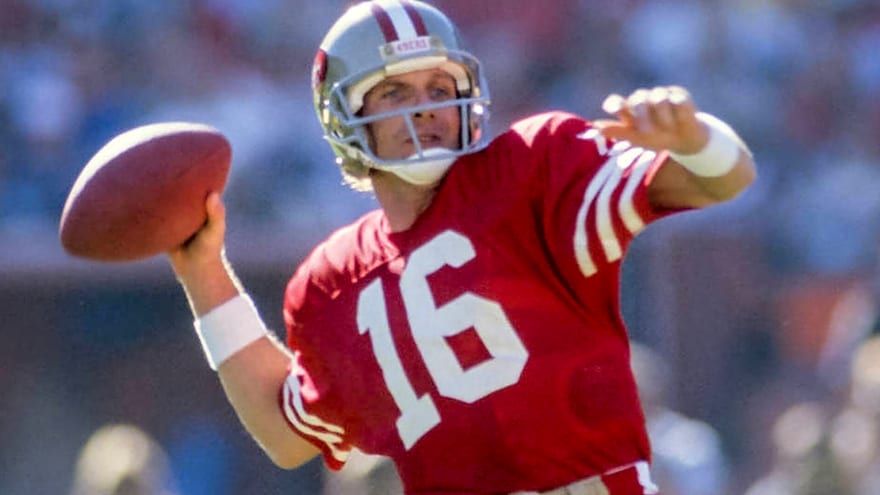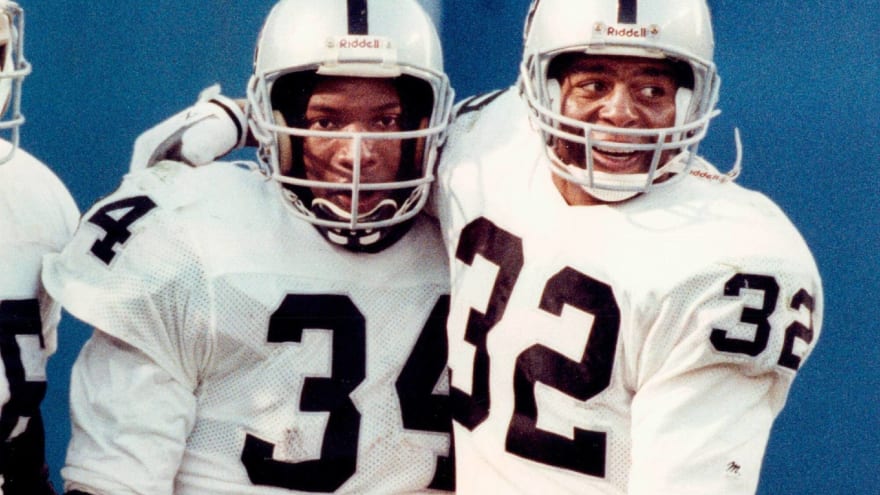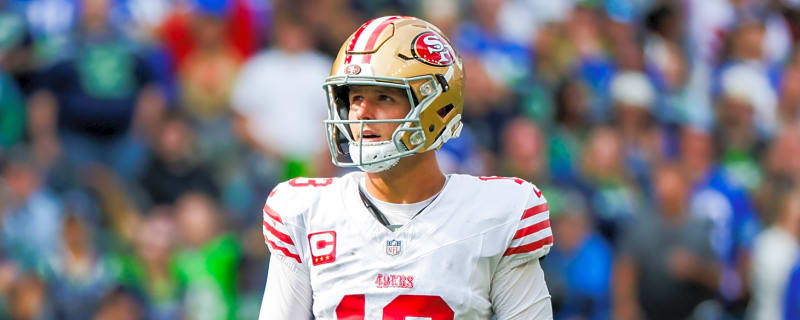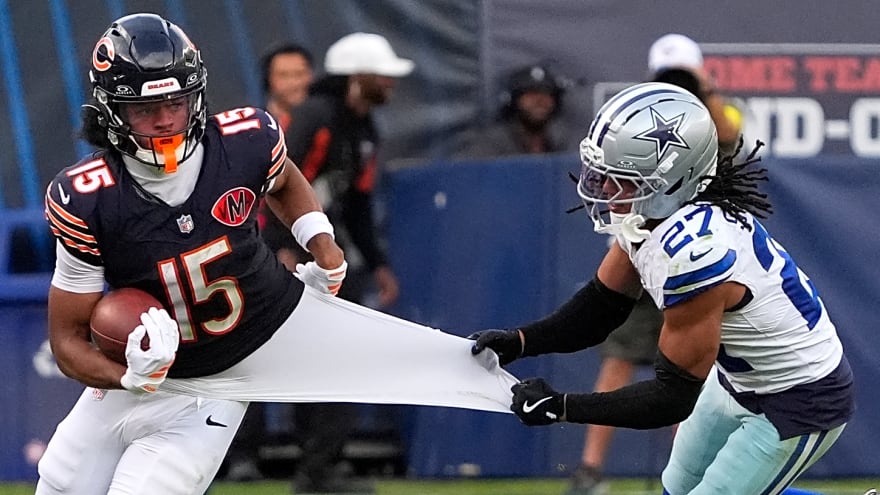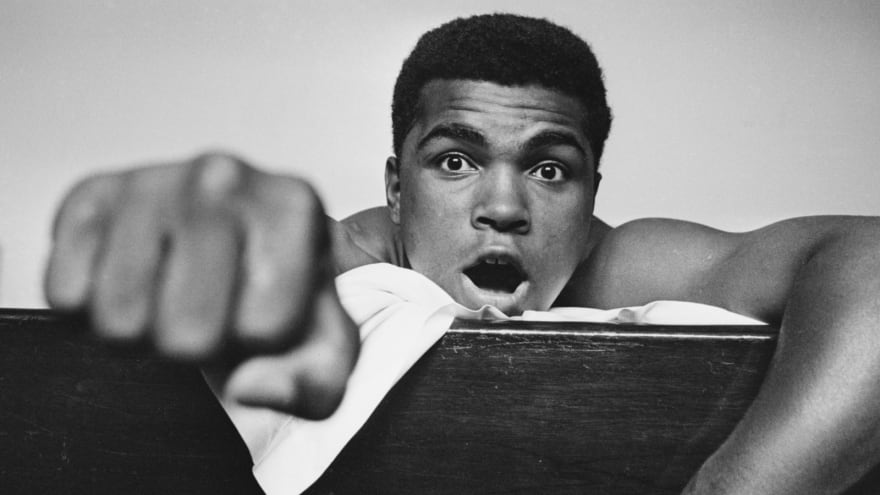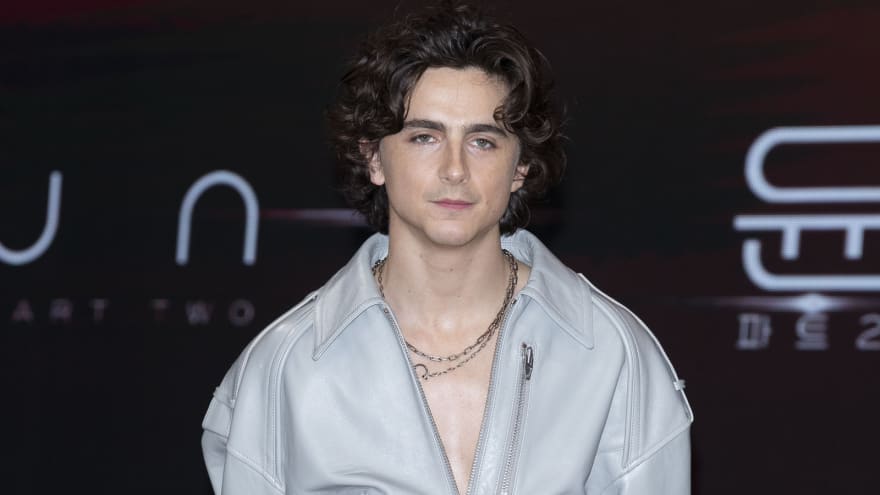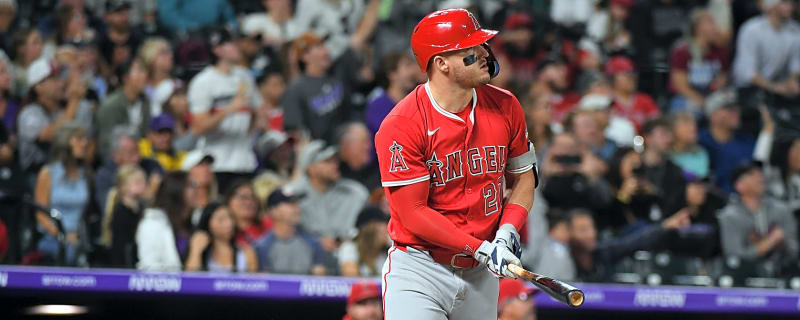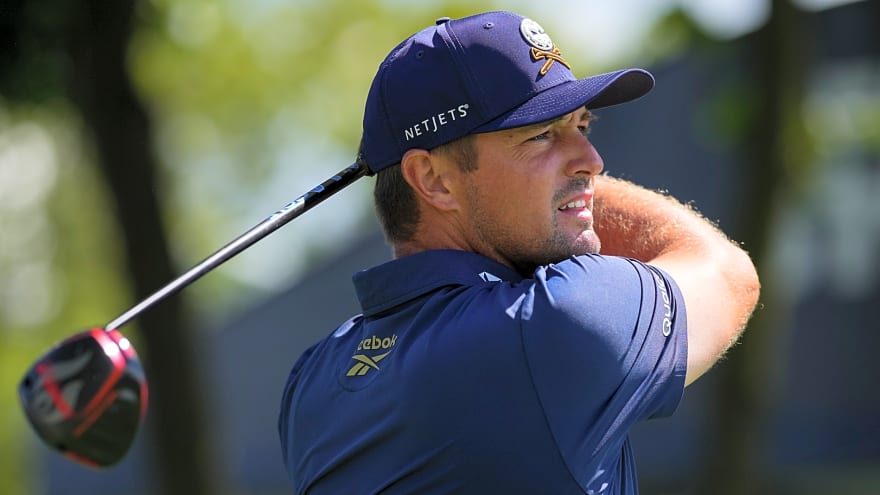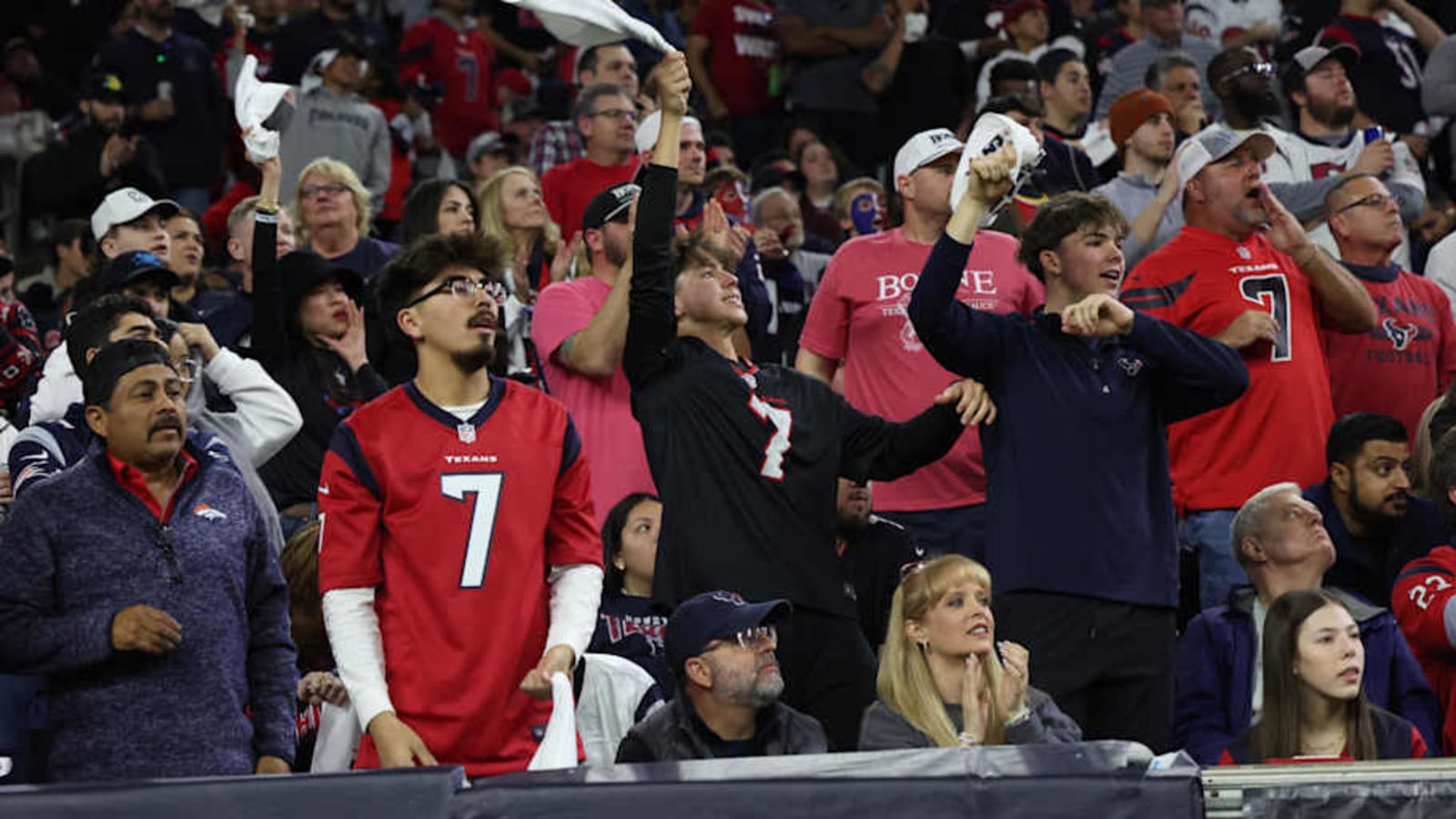
The Houston Texans may not have an enormous fan base like the Dallas Cowboys or the Green Bay Packers, but no one will ever question their fans for not being passionate.
That was on full display recently, as Texans fans came out in droves to rip an NFL analyst for a rather strong take on one of Houston's defenders.
Sam Monson of The 33rd Team was recently discussing the Texans' trade for C.J. Gardner-Johnson and how it will affect their secondary, and he seems to believe that Houston wants to get safety Calen Bullock off of the field.
"He was, however, at the root cause of a lot of terrible plays within that defense, and this theoretically should get him out of the starting lineup," Monson said. "... Did you see the negative reel?"
Every time I listen to non-local analysts discuss the Texans, I’m reminded of how little they truly understand this team. #Texans pic.twitter.com/Q51YKAmWg2
— Evan Cervantes (@evancervantess) March 15, 2025
Not surprisingly, this drew a harsh reaction from the Houston faithful.
I wonder how many Texans games they watched last year. Over/under 1.
— Blake Plaster (@BlakeProperties) March 15, 2025
This guy clearly only remembers 1 play from the Chargers playoff game and that’s it.
— Sean (@_Sean_L) March 15, 2025
Holy horrible take... clearly didn't watch the team play
— Currysauce (@ICurrysauc3I) March 15, 2025
Bullock definitely had an impressive overall showing as a rookie, racking up 54 tackles, five interceptions and 11 passes defended.
However, one would be remiss to ignore Monson's overarching point: Bullock did have some issues in coverage this past year.
The 21-year-old registered a paltry 43.9 coverage grade over at Pro Football Focus, and there is no question that he gambled quite a bit in the secondary, which did result in some big plays.
Now, saying that the Texans need to get him off the field is probably a bit of an overstep. Bullock is incredibly young and clearly has immense potential, so there is no reason to believe that he can't improve next season.
More must-reads:
- 'MNF' takeaways: Lions notch statement road win over Ravens
- Details emerge on injury to Cowboys star wide receiver
- The 'Multiple 30-TD pass NFL seasons' quiz
Breaking News
Trending News
TODAY'S BEST
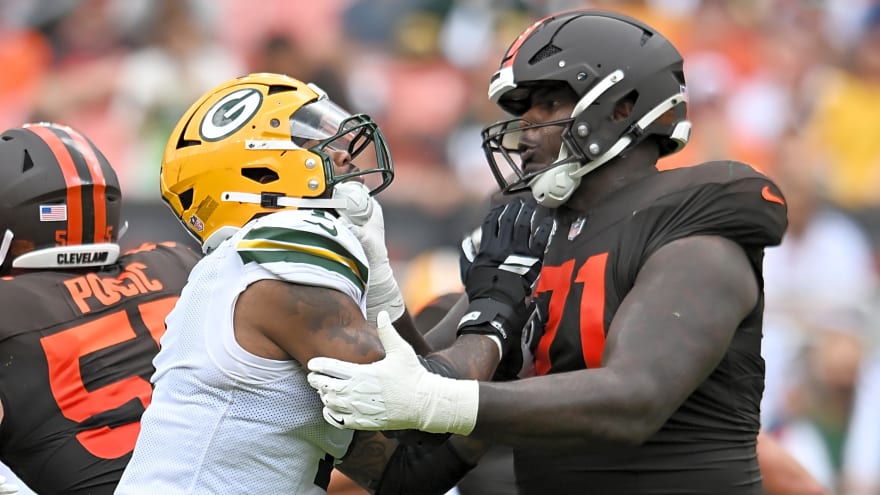
Micah Parsons has savage response to Packers' loss to Browns
The Green Bay Packers are reeling after they blew a 10-0 lead at the start of the fourth quarter on Sunday. The Packers allowed the Cleveland Browns to score 13 unanswered points to win 13-10 in front of 65,470 fans at Huntington Bank Field. Following the game, defensive end Micah Parsons had a crude response to the comeback. "Sometimes, just like today, you s--- the bed," Parsons said via ESPN. "That's just the reality of it. It happens to the best teams. Even the best Super Bowl champs make mistakes, and they pay for it early. You go back to the history of the champions and who've they've played and games they should've won. It's just that competitive. "It's that hard to win. It's hard as hell to win football games. When you win football games, it's a celebration. But when you lose, it sucks." What went wrong for the Packers in loss to Browns Parsons and the Packers had a couple of major blunders in the final minute that they want back. Green Bay kicker Brandon McManus had a blocked field goal attempt that allowed the Browns a chance to get in range for a game-winning field goal. Parsons was called for a neutral zone infraction on the first play of the Browns' drive, allowing Cleveland to start the series from the Green Bay 48-yard line with 21 seconds remaining. Parsons apologized for the penalty, calling it "unacceptable." The All-Pro finished with two tackles. Parsons has extra motivation for avenging the loss against the Browns. The Packers are set to travel to play his former team, the Dallas Cowboys, on "Sunday Night Football" in Week 4.
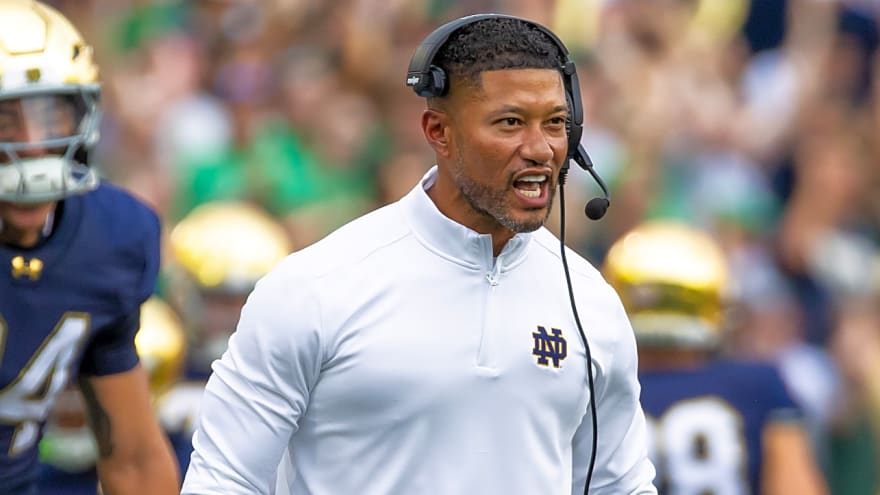
Notre Dame HC Marcus Freeman has message for Chris Ash after Purdue game
The defense has been the story of No. 24 Notre Dame through the first three games of the season. First-year defensive coordinator Chris Ash has struggled to pick up where Al Golden left the unit when he bolted for the Cincinnati Bengals after the national championship game. On Saturday, the Irish defense gave up 23 points to Purdue in the first half before Notre Dame ran away in the second half to win their first game of the season 56-30 in front of 77,622 fans at Notre Dame Stadium. Following the contest, Irish head coach Marcus Freeman told the media that Ash needed to do a better job of matching pressure with his coverage scheme. "Marcus Freeman says Notre Dame needs to do a better job of 'marrying up' coverage with pressure from the defensive front," wrote Tyler Horka of On3 Sports. Notre Dame was panicking on defense Freeman added that the defense was panicking when they changed coverage schemes, but couldn't stop Purdue in the first half. Boilermakers quarterback Ryan Browne diced up the zone coverage, much like Marcel Reed did in Texas A M's 41-40 win over the Irish in Week 2. Freeman defended Ash after the loss to the Aggies, saying the defense's execution was more important than the play calling. The head coach had the same message for his players after beating Purdue. "I don't think they're confused," Freeman said of the defense. "We just aren't executing. But it isn't like our guys don't know what they're doing. They know what they're doing." Freshman quarterback CJ Carr and the offense look capable of going undefeated for the rest of the regular season and competing for a spot in the College Football Playoff. But the defense is going to have to get better if they want to play meaningful football in December-January. Notre Dame's defense was a problem in Week 1 in Miami. Even though the Hurricanes were held to 27 points, Miami could have put up more points if quarterback Carson Beck had been allowed to play as aggressively in the fourth quarter as he had earlier in the game. When Ash calls zone, he's going to have to find a way to generate a pass-rush. All three quarterbacks Notre Dame has faced this season have shown an ability to find open spots in the secondary when they have time to throw in the pocket.
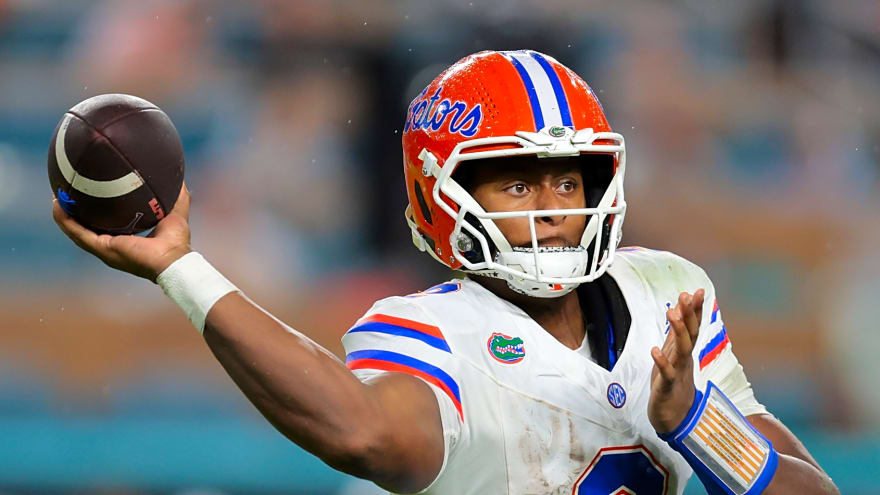
DJ Lagway makes bold claim that Florida won't be able to back up
Florida Gators quarterback DJ Lagway wants to believe that his 1-3 team can turn it around here in the 2025 college football season. The problem is, under the leadership of head coach Billy Napier and as currently constructed, this doesn't seem like the team that's going to be able to pull off the second-half turnaround that we saw in the 2024 season. Still, Lagway is saying the right things. "It's been hard, but let me tell y'all something, we're going to get things changed, for sure. I can guarantee that," Lagway said, according to Andrea Adelson of ESPN over the weekend. This is not acceptable at all. I'm not going to sit here and lie to y'all and make this seem like this is OK. This isn't OK. We've got to play better football, and it starts with me." The Gators' 2025 schedule is brutal What's the difference in 2025? Mainly, it's Florida's brutal schedule. The Gators have lost to No. 3 LSU and No. 4 Miami in quick succession, and they still have games against No. 10 Texas, No. 9 Texas A M, No. 5 Georgia, No. 13 Ole Miss, No. 15 Tennessee and No. 8 Florida State on the docket. Even if Florida can beat the unranked teams on its remaining schedule (Mississippi State and Kentucky) there's a good chance this team finishes 3-9. Heck, even the games against Mississippi State and Kentucky aren't guaranteed wins for Florida. This team lost to previously unranked USF at home. At this point in the season, the teams feature a 6-1 combined record, with the Bulldogs checking in at 4-0 with a win over then-No. 12 Arizona State. Lagway has been part of the problem for the Gators There's just no easy way to predict a turnaround this season for the Gators, but Lagway is a big part of the problem. Take away his opening game against Long Island and he's completed just 68-of-105 passes for 507 yards and two touchdowns compared to six interceptions. Lagway was supposed to be a star for Florida, and his star power was supposedly enough to make up for the deficiencies in Napier as a head coach. But what if neither of the two main pillars of the team are good? That's how you get this kind of season from the Gators, and no amount of positive self-talk can change that. And still, Lagway will say the right things. Whether he's struggling or not, he's a leader for this team, and that's what leaders do. "I'm going to demand greatness from everybody," Lagway said. "We're done with the playing around stuff. It's time to get serious. It starts with me. I've got to set the tempo. I've got to set the tone in practice in meetings around the building. I know for a fact it's going to change because it's going to start with me."
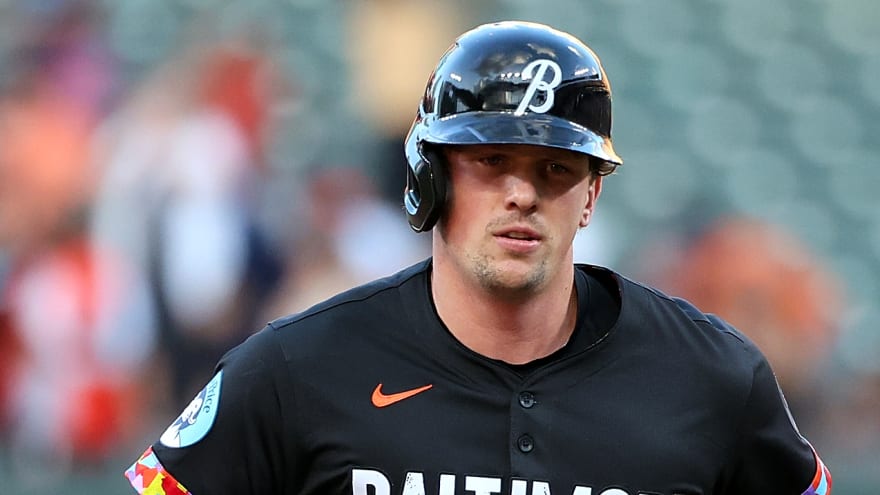
Why did the Orioles activate star player during last week of season?
Ahead of the final six games of the season (all against American League East foes), the Baltimore Orioles have activated catcher Adley Rutschman. The move may have little to do with this season and everything about what the Orioles may do with Rutschman in the offseason. Sidelined with a right oblique strain since Aug. 21 (retroactive to Aug. 18), Rutschman has struggled this season, slashing just .227/.310/.373 with nine homers and 29 RBI. His OPS+ of 92 is the lowest in the four years he has been behind the plate in Baltimore. While the Orioles certainly would like to get the former No. 1 overall pick in the 2019 MLB Draft back behind the plate to finish out the season, this short six-game stint against the Tampa Bay Rays and New York Yankees may also serve as an audition for Rutschman should the Orioles decide to move him in the offseason. Why would the Orioles move on from Rutschman? After playing in just four games, Baltimore signed 21-year-old catcher Samuel Basallo to an eight-year extension worth $67M and could jump up to $88.5M with incentives. The deal means Basallo will be with Baltimore through the 2033 season and has an option to extend that to 2034 as well. With the Orioles investing so much in Basallo, could the 27-year-old Rutschman be on his way out of Charm City? Baltimore could well keep the younger and cost-controlled Basallo behind the plate and use Rutschman as a trade piece this offseason, helping the Orioles rebuild quickly from a season where they will likely finish in the division cellar. With Rutschman coming back, he has the chance to put a positive spin on what has been a disappointing season. If he can show well in the final six games, it could be a great selling point for the Orioles this offseason in any kind of trade talks surrounding him. Orioles are faced with one of two options with Basallo and Rutschman Baltimore interim manager Tony Mansolino has already hinted that Basallo and Rutschman could be in the same lineup together in 2026, emphasizing that Basallo could play first base (a position that could likely be his in 2026 if the Orioles decide to not push Coby Mayo there). Mansolino also added that between first base, catcher and designated hitter, there may be enough at-bats for both Basallo and Rutschman. If that's the case, Baltimore is believing that not only can Basallo play first base at an MLB-level (he has played there in one game so far this season) and Rutschman can bounce back from a down 2025. Baltimore could likely land a nice return package (perhaps centered around pitching) if it decides to trade Rutschman in the offseason, something that MLB insider Bob Nightengale of USA Today believes will happen, writing, "There will be no bigger position player on the trade block this winter than Baltimore Orioles catcher Adley Rutschman." These next six games may not determine much in the standings for the Orioles, but could give a hint about Rutschman's future and what is to come at catcher in 2026.
Customize Your Newsletter
 +
+
Get the latest news and rumors, customized to your favorite sports and teams. Emailed daily. Always free!




